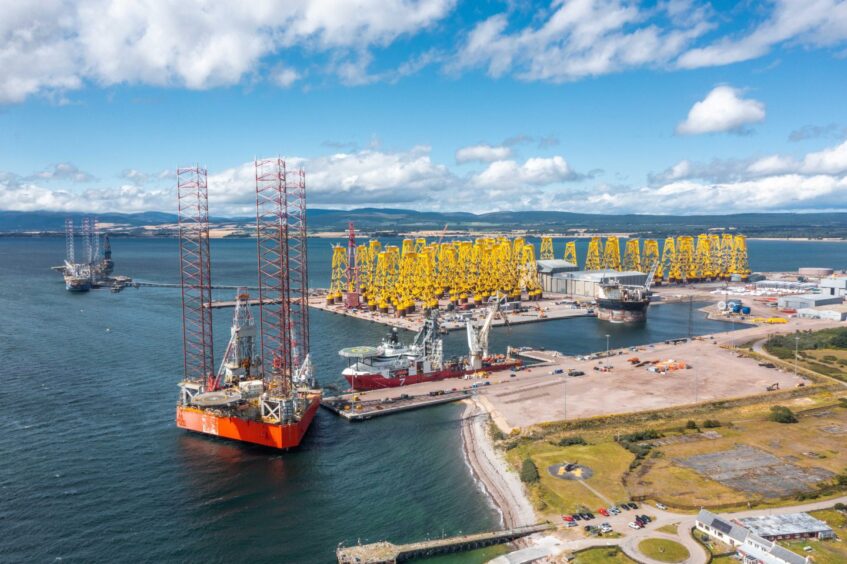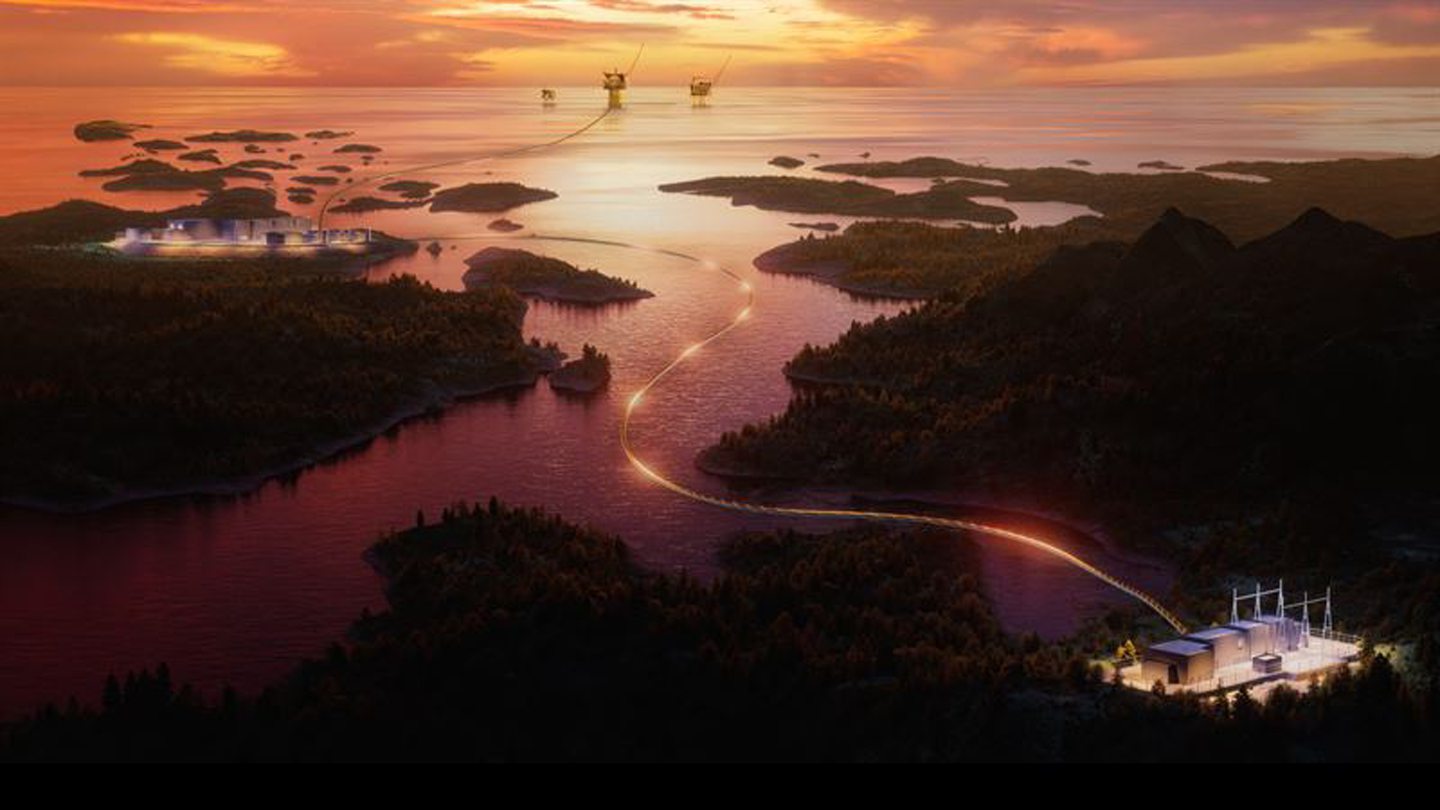 © Supplied by Global Energy Group
© Supplied by Global Energy Group Port of Nigg owner Global Energy Group (GEG) has secured a contract from Subsea7 Norway to fabricate subsea spools for a Norwegian North Sea field development.
Norwegian operator Aker BP will use the spools at its Yggdrasil field, which holds an estimated 700 million barrels of oil equivalent.
GEG will fabricate 134 subsea spools at the Nigg site, which the company said represents two years of consistent fabrication work.
Due to the size and scale of the contract, GEG said it will undertake “substantial recruitment drive” focused on fabrication operations at Nigg.
GEG general manager for group fabrication at the Port of Nigg Dave MacKay said the contract builds on a longstanding relationship with Subsea7 Norway.
“Our capabilities, expertise and capacity make us the leading fabrication partner of choice within the offshore energy industry, and this contract reflects the confidence placed on us by our valued clients,” MacKay said.
GEG said the contract adds to the “growing number” of fabrication projects being delivered by the group across the oil and gas, renewable energy and nuclear sectors.
Yggdrasil field
The Yggdrasil project is the biggest ongoing development in the Norwegian continental shelf, consisting of the Hugin, Fulla and Munin licence groups.
Aker BP is aiming for start up at Yggdrasil in 2027.
Total investment in the project is estimated to be around NOK 115 billion (£8.4bn). Aker BP is the operator with Equinor and PGNiG Upstream Norway also holding stakes as licence partners.
The plan involves exporting gas from the Yggdrasil field through a shared pipeline from Hugin A via Munin to Statpipe and Kårstø.
Meanwhile, oil will be exported through a shared pipeline from Hugin A to the Grane oil pipeline and Stureterminalen.
The Yggdrasil development will also be electrified via a power-from-shore project, with the entire area remotely operated from a control centre in Stavanger.
Aker BP holds a 40% stake as operator of Yggdrasil, with Equinor (47.7%) and
Despite the advanced nature of the plans, the Yggdrasil development has been thrown into question after Norwegian climate activists won a court battle against government approval for the field.
The Oslo District Court ruled the licence for the Yggdrasil field, as well as the Breidablikk and Tyrving fields, was invalid.
The Norwegian case was later cited in a UK Supreme Court decision which could have significant implications for future North Sea drilling.

